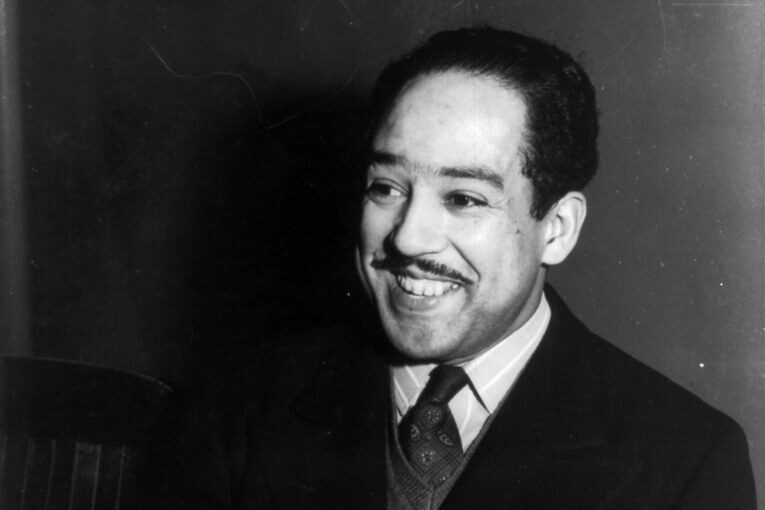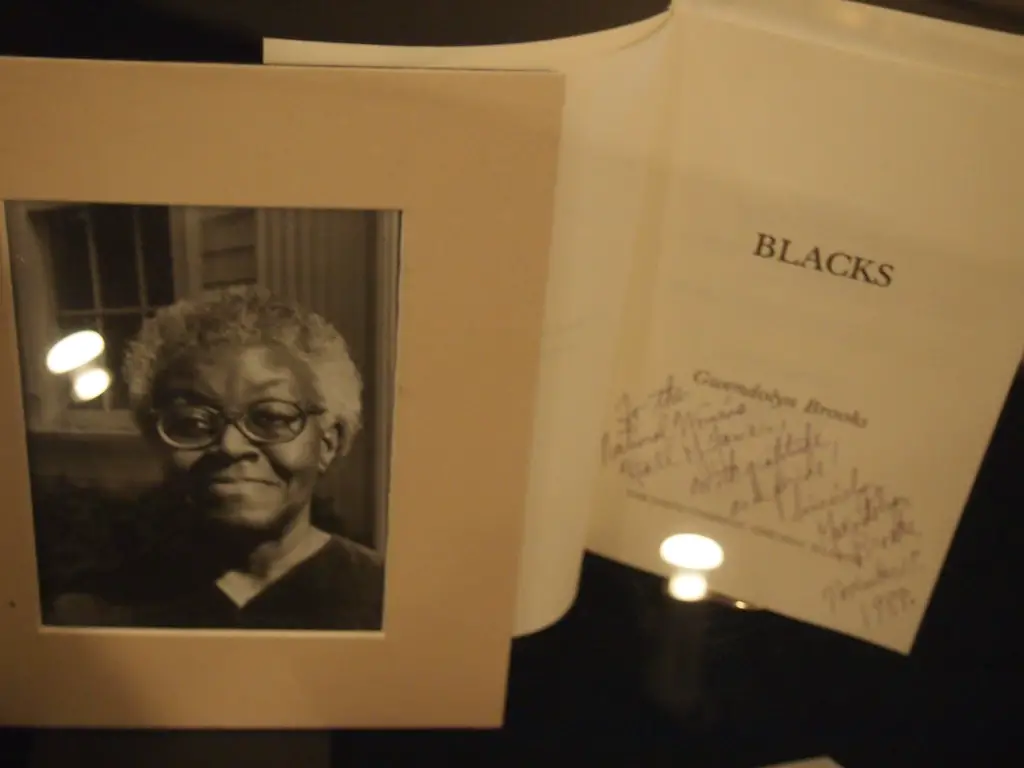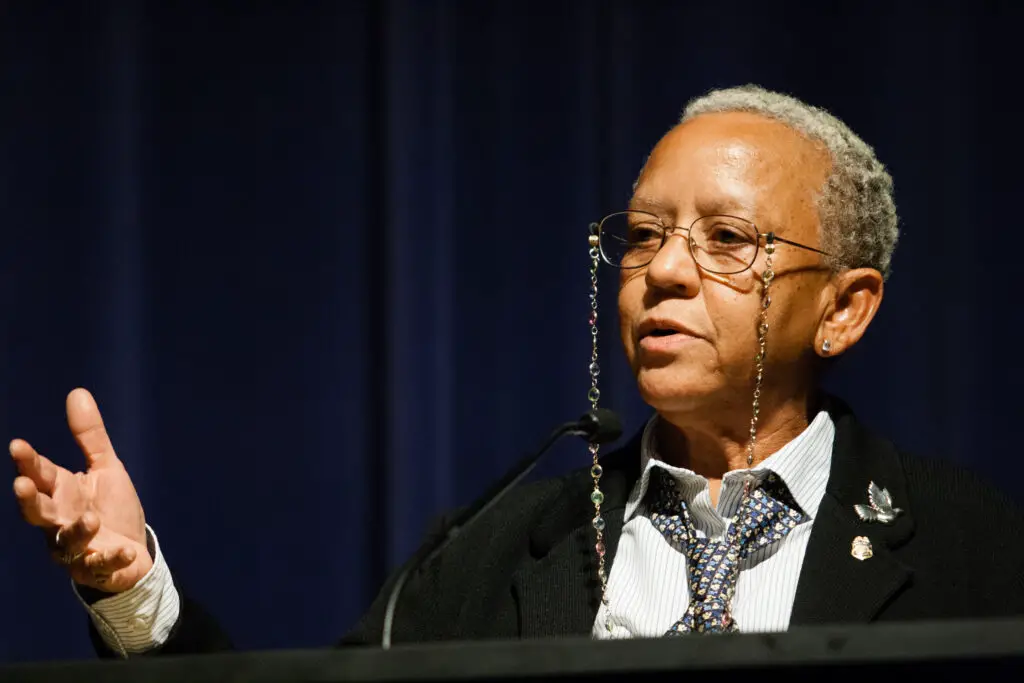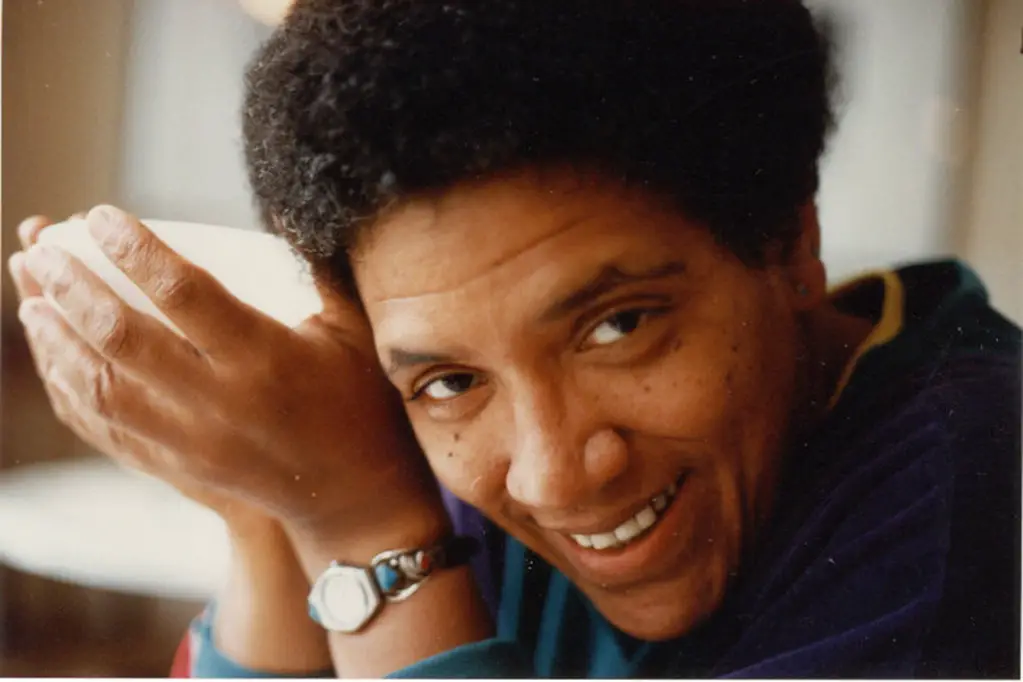1. Langston Hughes

Langston Hughes was more than just a poet—he was a voice for an entire generation of Black Americans during the Harlem Renaissance. His work captured the everyday struggles, joys, and resilience of Black life in the ‘20s and beyond, often blending poetry with jazz and blues rhythms. Hughes’ poems like “The Negro Speaks of Rivers” and “Harlem” carried a deep sense of history and longing, questioning the American dream for those it left behind. He didn’t shy away from hard truths but also infused his writing with hope, celebrating Black culture and identity in a way that still resonates today says the Saturday Evening Post.
Beyond his poetry, Hughes wrote plays, short stories, and essays, always pushing for an honest reflection of Black life. His writing made him a literary giant, but he remained deeply connected to everyday people, often drawing inspiration from ordinary conversations and experiences. He believed poetry should be accessible, not locked away in academia, and his simple yet powerful language proved that. Even now, his words remind us that Black voices have always been central to America’s story, whether or not the country wanted to listen.
2. Gwendolyn Brooks

Gwendolyn Brooks made history as the first Black writer to win a Pulitzer Prize, but her legacy runs much deeper than that milestone. Her poetry painted vivid portraits of Black communities, particularly in her hometown of Chicago, where she captured the beauty, pain, and complexity of everyday life. Poems like “We Real Cool” and “The Bean Eaters” turned simple moments into profound reflections on race, class, and identity. Brooks had an incredible ability to say so much with so few words, crafting verses that felt personal and universal all at once shares the New York Times.
As she grew as a poet, Brooks shifted her style, embracing a more radical, activist voice in response to the civil rights and Black Power movements. She didn’t just observe change—she became a part of it, using her platform to amplify the struggles and triumphs of Black people. She also nurtured younger poets, ensuring that future generations could find their voices just as she had. Brooks’ work still hits hard today, proving that poetry can be both an art form and a call to action.
3. Nikki Giovanni

Nikki Giovanni’s poetry is bold, intimate, and unapologetically Black, making her one of the most influential voices of her time. She first gained fame in the ‘60s with powerful, revolutionary poems that reflected the urgency of the civil rights and Black Power movements. Works like “Ego Tripping” and “Nikki-Rosa” celebrated Black heritage and personal identity, showing the beauty of Black life from her own perspective. She wasn’t afraid to challenge racism, sexism, or injustice, but she also wrote about love, family, and self-empowerment adds Teen Vogue.
Over the years, Giovanni’s writing has evolved, but her commitment to telling the truth has never wavered. She speaks directly to her readers, whether she’s reminiscing about childhood or confronting social issues head-on. She’s also a beloved educator, inspiring young writers to embrace their voices and experiences. Her poetry feels like a conversation, one that invites readers to reflect, laugh, cry, and, most importantly, keep pushing forward.
4. Audre Lorde

Audre Lorde was a poet, activist, and self-proclaimed “Black, lesbian, mother, warrior, poet” who used her words as a weapon against injustice. Her poetry was deeply personal yet fiercely political, tackling issues like racism, sexism, and homophobia with unflinching honesty. Poems like “Coal” and “A Litany for Survival” gave voice to those who had been silenced, demanding recognition and change. She believed poetry was not just for beauty but for survival, a way to speak truth to power when the world refused to listen explains GO Magazine.
Lorde didn’t just write about resistance—she lived it, advocating for intersectional feminism long before it had a name. She encouraged Black women to embrace their full identities and reject the idea that they had to fit into narrow societal expectations. Her influence stretched far beyond poetry, shaping activism and scholarship in ways that still ripple today. Lorde’s words remain as powerful now as they were when she first wrote them, a reminder that poetry can both comfort and challenge, sometimes all at once.
